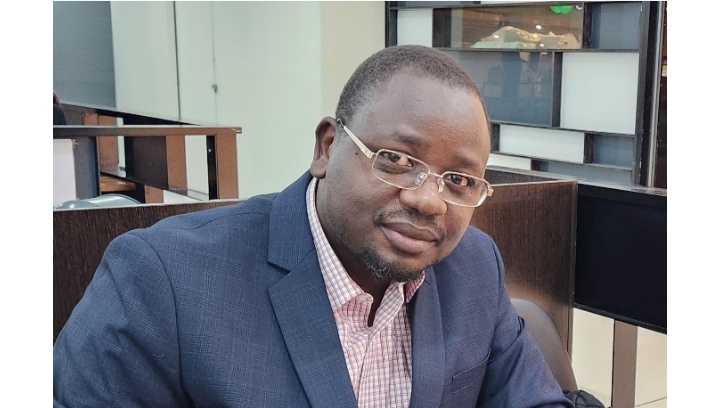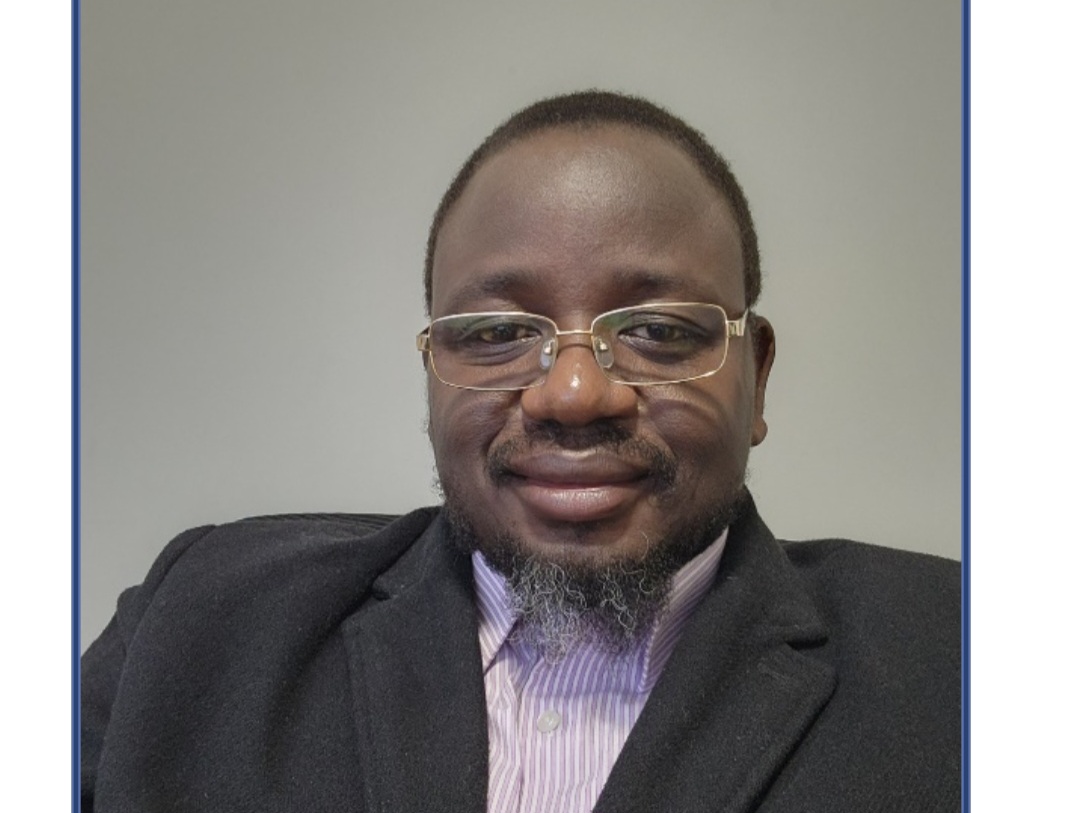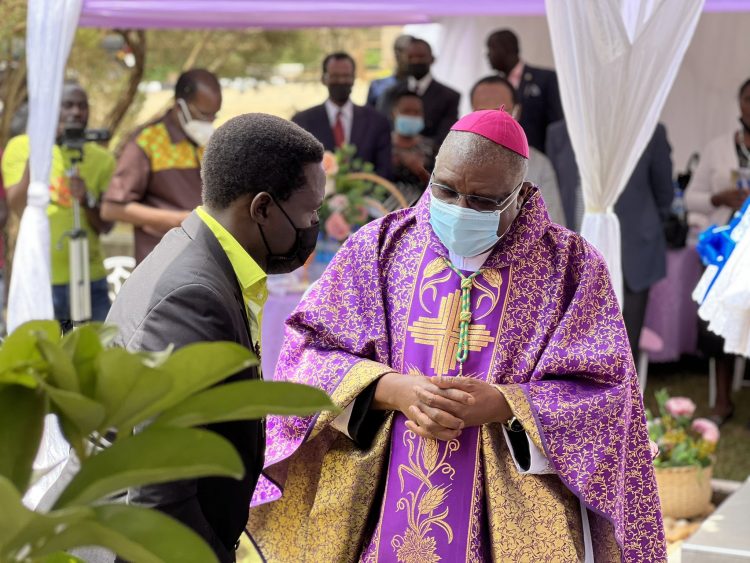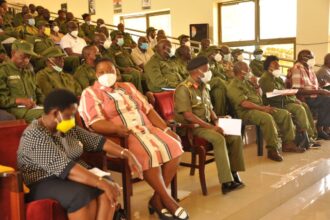Yoweri Museveni, launched a nationwide movement known as the parish development model (PDM), as a new poverty reduction approach on 26 Feb 2022, at Kibuku, one of the poorest districts in rural Eastern Uganda. The ultimate focus of the PDM is to increase the income of rural people and to create a better living environment in which rural people could enjoy a more comfortable life.
A growing evidence of knowledge suggests the real importance of this new poverty reduction approach should be to encourage a display of initiative by millions of rural people and to create a self-help society where the rural population decides and manages their own development affairs. Achievement of self-help development can only be possible through active participation of rural people. In this sense, PDM should place more attempts to practice a participatory development process in the rural society of Uganda.
The central policy question, therefore, how does the PDM fit into Yoweri Museveni’s broader commitment to poverty reduction vison? I will discuss this commitment in twelve series.
At the first National Resistance Movement (NRM) anniversary in 1987, Yoweri Museveni made a statement where he emphasized the importance of economic diversification: ‘Our economic programme hinges on reviving and diversifying production, both in the agricultural and industrial sectors, with a view to creating a well-integrated, self-sustaining economy… this particularly involves restoring traditional export crops, and also expanding non-traditional crops such as beans or sim-sim’ (Museveni, 1987).
Yoweri Museveni’s Economic Recovery Program (ERP) of 1987, reflected a complete departure from Milton Obote’s common man’s charter of 1960s. Following widespread political conflict to unseat Idi Amin and then Milton Obote, Museveni had inherited an inefficient government bureaucracy which was characterized by financial mismanagement, corruption, bureaucratic red tape, poor distribution of resources, and misallocation of funds. This left the former Guerrilla leader with little option but to turn to archaic International Financial Institutions (IFIs) for assistance to support his poverty reduction vision. This inevitably meant embracing the conditions of pro-market policy reforms.
Opolot and Kuteesa (2006), reported that the subsequent adoption of neoliberal policy reforms, involved the implementation of pro-market policy prescriptions; restoration of monetary and fiscal discipline; liberalization of foreign exchange markets, and consumer and producer goods; open pathways to international trade; streamlining of balance of payment position; and privatisation and rationalization of state-owned enterprises.
Following their implementation, the economy recovered, the country witnessed economic growth, inflation controlled, stabilised consumer prices, and of great importance to note, poverty significantly reduced. Uganda was hailed by the IFIs as a model, a posture child of successful poverty reduction policies and pro-market reforms. In Africa, Uganda got widely recognized as the most successful country in Sub Sahara Africa in terms of sustained economic growth and reduced poverty levels. Between 1990 and 2007, real GDP growth averaged more than 7 percent, compared with 3 percent in the rest of SSA (Selassie, 2008). IMF estimated real GDP growth to have averaged 8.5 % in the decade of reformation policies (IMF, 2008). The proportion of people living below the official poverty line tremendously declined from 56 percent in 1992 to 31 percent in 2007. This was an economic miracle!
Sadly, pro-market policy reforms diluted and eroded government autonomy over policy formulation and neglected strategic national priorities, while further entrenching the neoliberal doctrine of the World Bank and International Monetary Fund (IMF). The beneficiaries/winners of these pro-market policies were mostly large corporations, the wealthy, and subsets of workers in export- oriented sectors, while the majority of the losers were workers, millions of smallholder farmers, and poor and unskilled women and men.
Clearly, high economic growth rates had not managed to make significant inroads into the poverty reduction discourse. This rather bleak situation was earlier articulated by ul Haq Mahbub: “In country after country, economic growth is being accompanied by rising disparities, in personal as well as in regional incomes. The masses are complaining that development has not touched their ordinary lives. Very often, economic growth has meant very little social justice. It has been accompanied by rising unemployment, worsening social services, and increasing absolute and relative poverty”. This same concern had previously been expressed by Professor Dudley Seers, who noted that the real indicators of development were decreases in rates of poverty, income inequality and unemployment. Seers recommended a new approach which underscored a shift from growth to growth with equity.
Besides, the other argument as to why Uganda failed to translate higher economic growth rates to poverty reduction was the view that the country got the balance between the state and markets wrong. In this perspective, the premise for pro-market policy reforms—that markets are a more efficient allocator of scarce resources than the state—was fundamentally overstated. Market allocation does not overshadow state allocation in the absence of a robust institutional framework needed to make markets function efficiently. And these features, at best, were essentially weak in Uganda (Selassie, 2008).
Consequently, it was never surprising that the strongly pro-market policy reforms pursued by Uganda failed to generate enough socioeconomic transformation and overall poverty reduction.
The policy approaches contrastingly created two challenges. Firstly, it resulted to the weakening of the Ugandan state when the state should have been the cornerstone of poverty reduction discourse. Mukandawire (2000), reported “the African state today is the most demonized social institution in Africa.” And this is regrettable since the state in Africa was never very large to begin with. While many African states distorted prices and these policies called for modification, the elaborate liberalization and privatization that followed was neither crucial nor effective. The central legacy of the pro-market reforms provoked extremely precarious economy. Secondly, in the absence of strong institutions and adequate infrastructure, liberalization simply allowed inefficient markets to replace inefficient states (Selassie, 2008).
Accordingly, to design appropriate poverty reduction policies in Uganda, efforts need to be made to harmonize the understanding of poverty by all stakeholders and this calls for an understanding of the different perspectives of poverty and the underlying assumptions. Mucunguzi, in his PhD thesis, page 98, highlights that ‘what needs to be done is to facilitate the participation of people with experience and expertise on poverty in the formulation of poverty reduction policy. The government as the policy formulator as well as a coordinator is required to continue building real partnerships between people living in poverty and governance structures at all levels in order to improve anti-poverty policy formulation and implementation like the PDM. This is so because such partnerships help to strengthen social capital in form of inclusion and citizenship and will in turn provide a plausible platform for managing the poverty reduction effort.
Uganda under Yoweri Museveni has witnessed a long period of sustained economic growth and poverty reduction more broadly due to sustained commitment to poverty reduction agenda, and macro-economic stability combined with liberalization policy reforms. Unfortunately, overall poverty reduction among millions of Ugandans is yet to eventuate. I will explain this mismatch in the subsequent series.
The Writer is recent post-doctoral fellow of poverty, policy, and aid, and obtained a PhD in poverty reduction, and Lecturer.
Email address; Samuel.ariong@boxhill.edu.au
Do you have a story in your community or an opinion to share with us: Email us at Submit an Article









